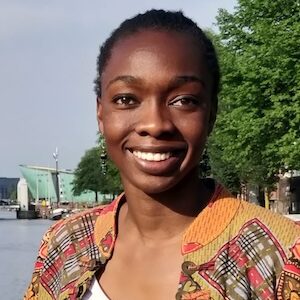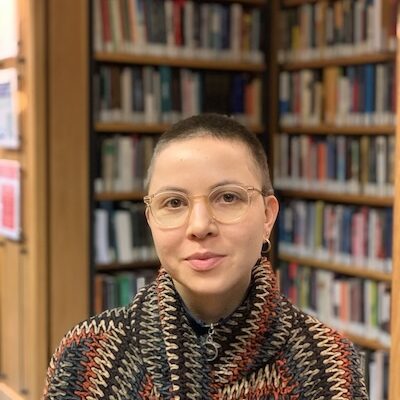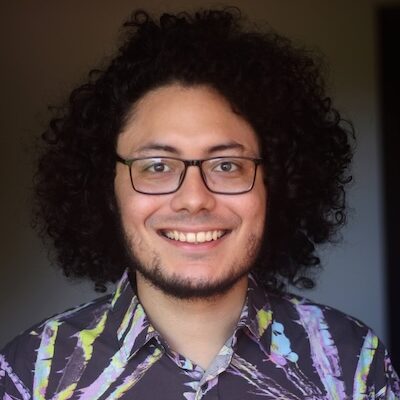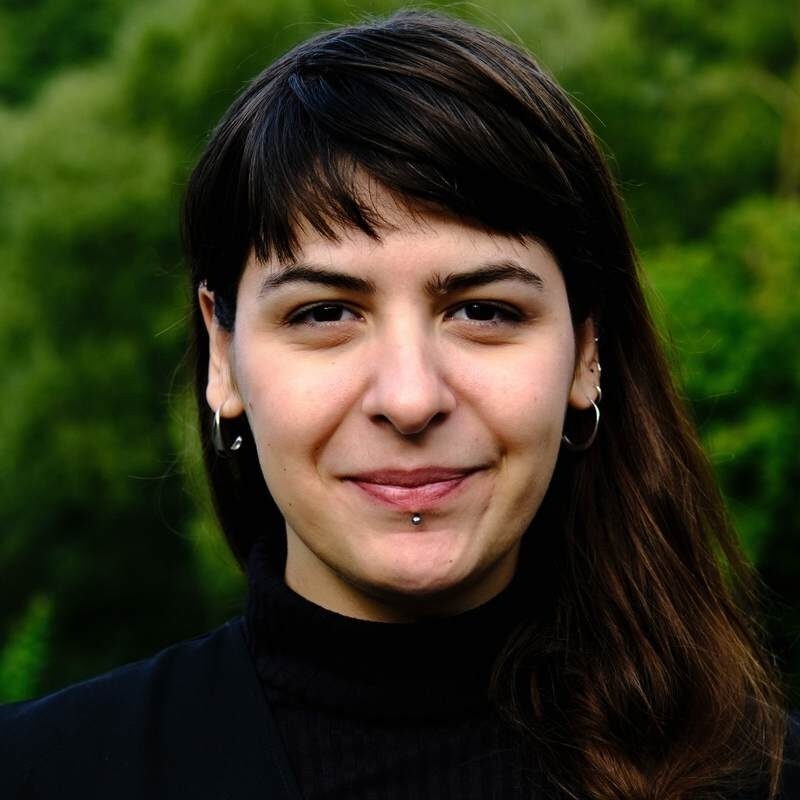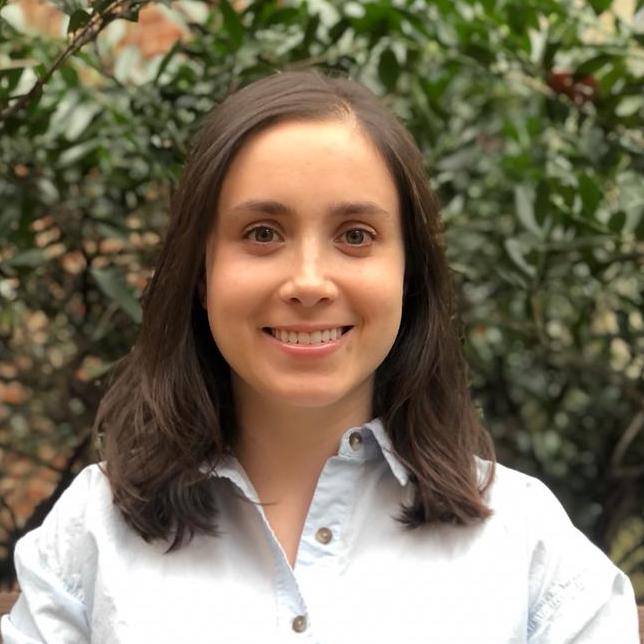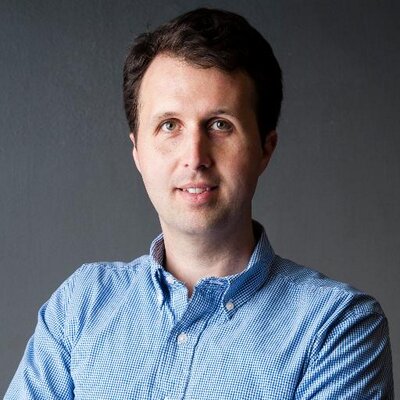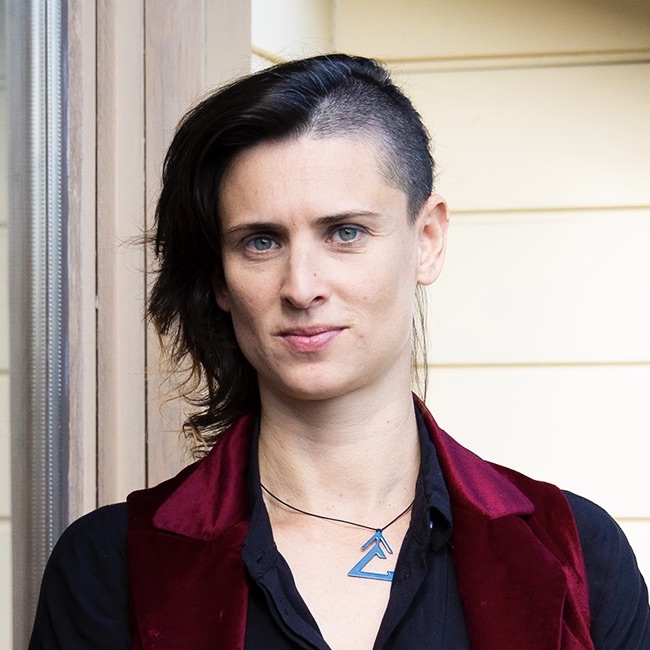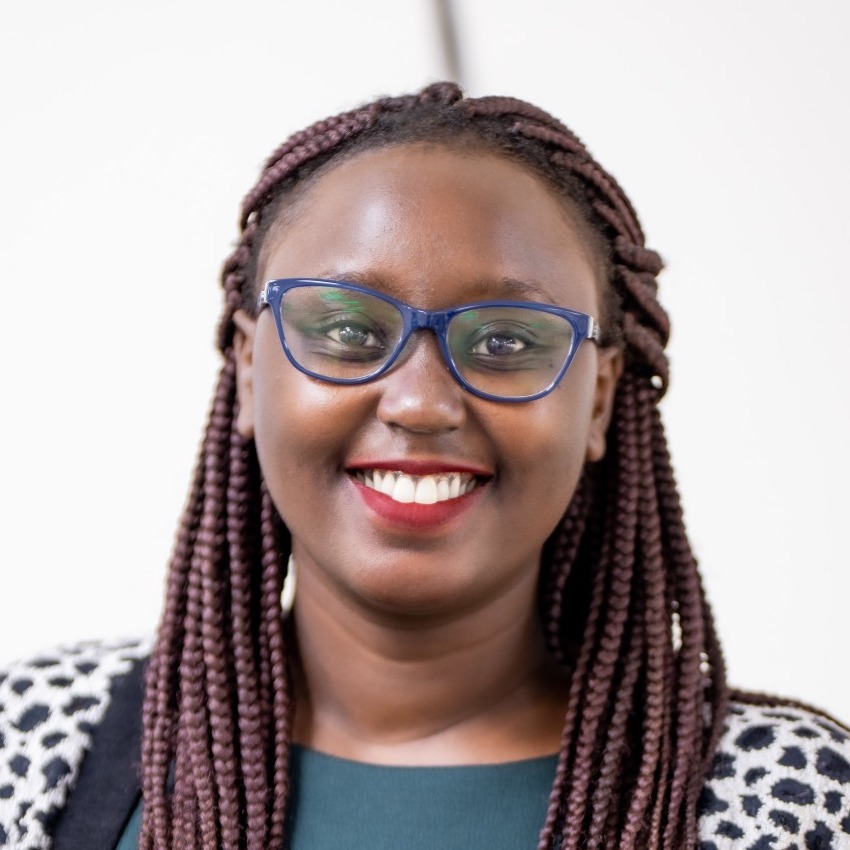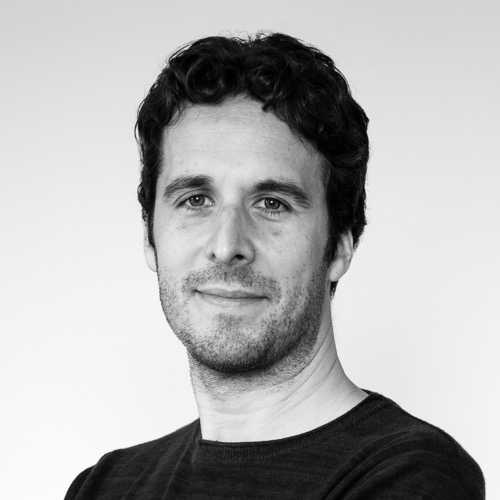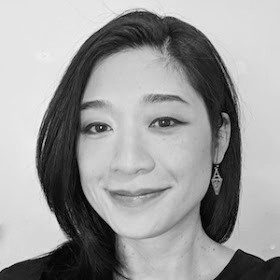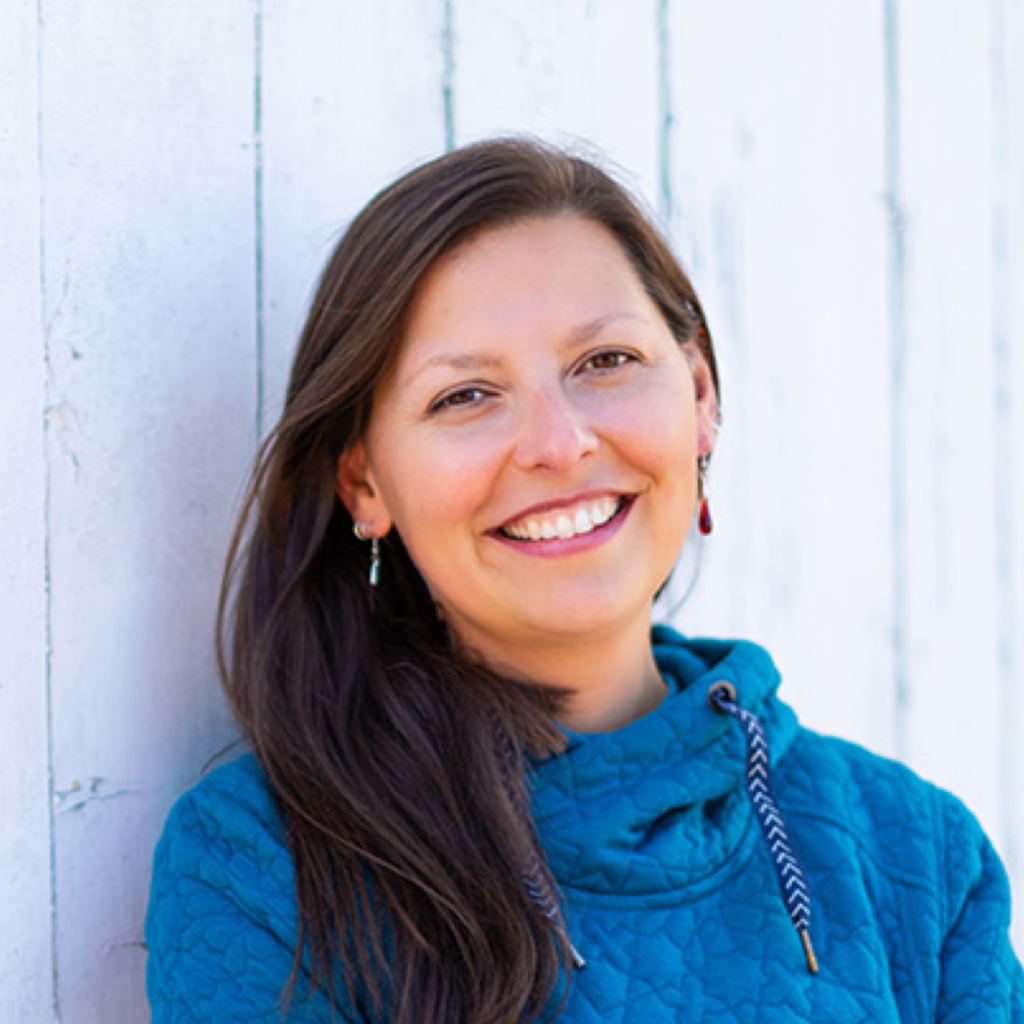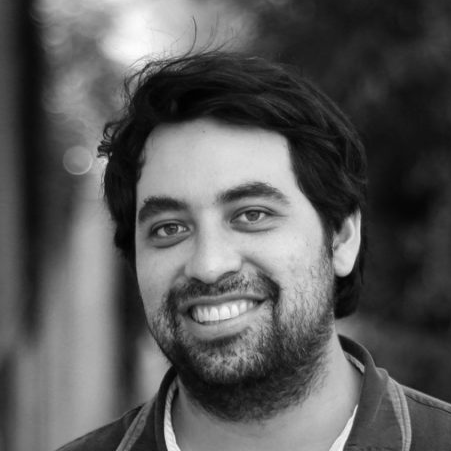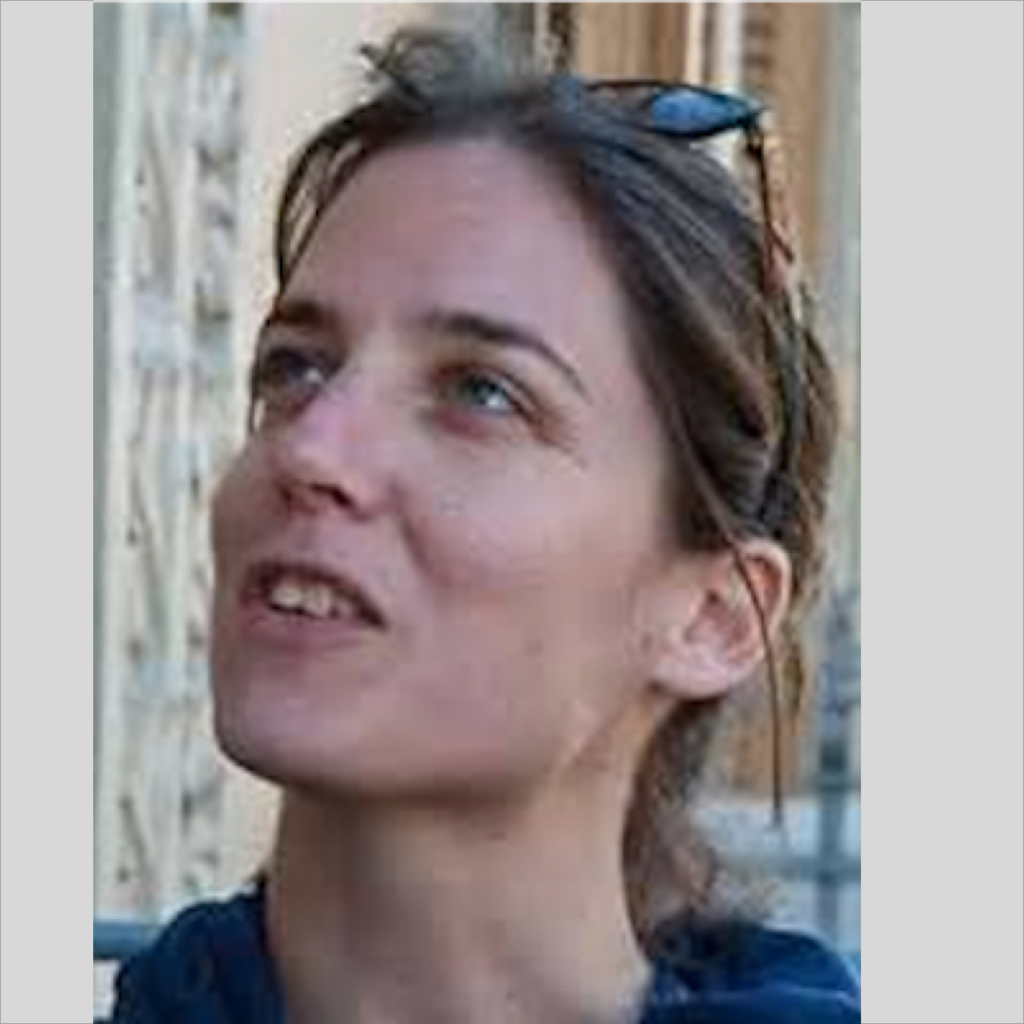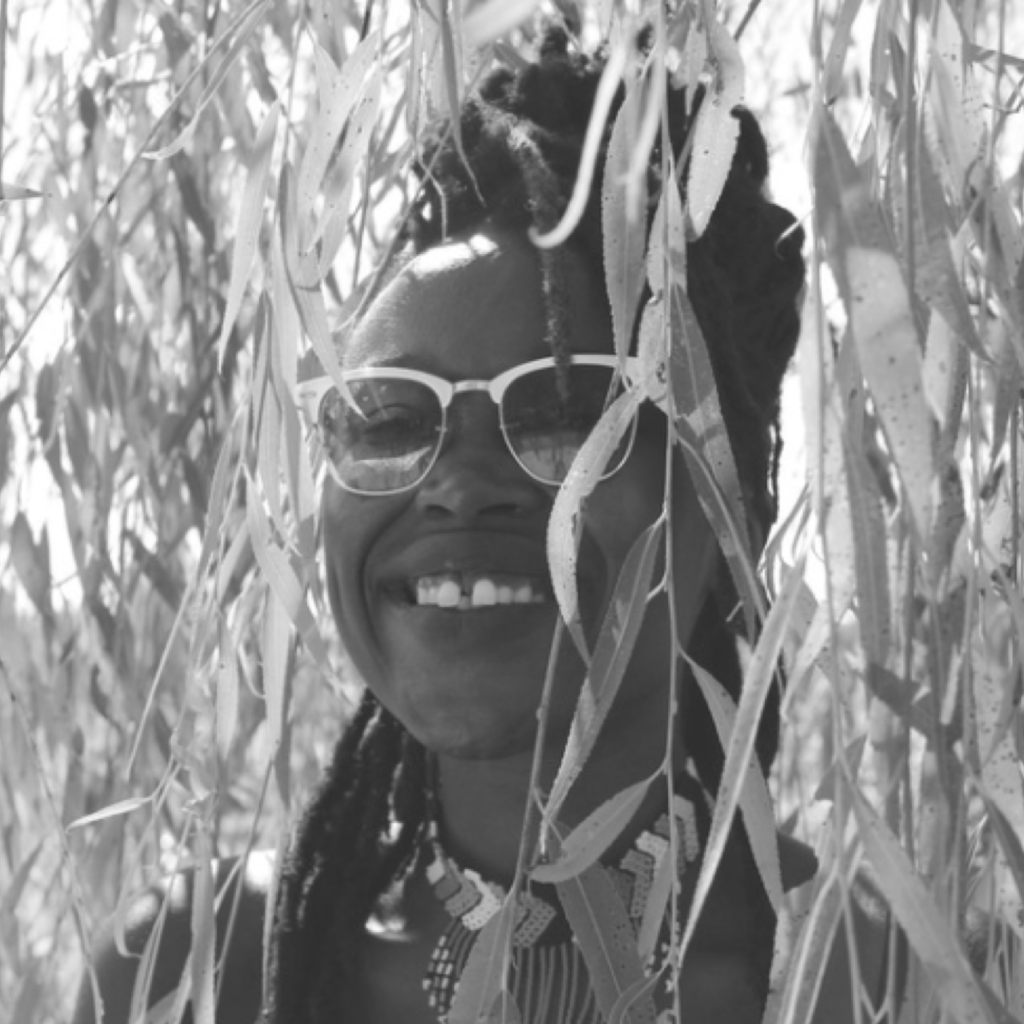The internet is a global, public resource and should be fossil-free by 2030.
Interested About the next Fellowship Round?
If you would like to get notified about upcoming Green Web Fellowships make sure to subscribe to our newsletter. We will announce the upcoming calls for applications there.
How the Fellowship Works
Our Green Web Fellowship consists of five practitioners who join us for a paid part-time fellowship.
These fellows deliver projects of their choice that explore the intersection of digital rights and climate justice movements. They learn together and from experienced practitioners about what powers control the internet, how it is fueled, and what we can do about it.
Learn in the Open
Openness is a tool to shift power. We document our learning processes so that others can build on these experiences and our own learning can be strengthened through reflection.
Collaborative Ethos
Fellows support each other’s learning and participate in workshops on decolonising the digital rights movement, effective climate communication, digital sustainability and more.
Bridge Movements
Each fellow designs and delivers a project that solidifies their learning and contributes to their community. Fellows are supported in facilitative leadership, capacity building and strategic narratives.
Past cohorts
Green Web Fellows 2024
Learn more about the insights of our 2024 cohort in this blog post recapping the fellowship.
Advisory committee Green Web Fellowship 2024
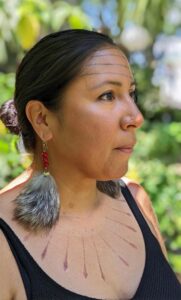
Indigenous Just Transition Consultant, Founding member of Native Youth Movement
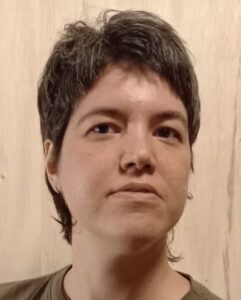
Just and Sustainable Tech Consultant, eco-media platform founder, former Senior Fellow Trustworthy AI at Mozilla Foundation.
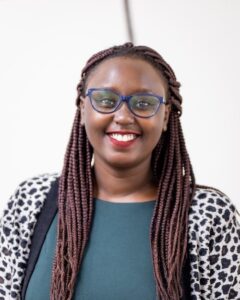
Green Web Fellow 2022/2023
Green Web Fellows 2023
Learn more about our 2023 fellowship in our post introducing our fellows and our post summarising their final insights.
Advisory Committee 2023
Andres Colmenares
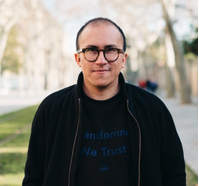
Co-founder of IAM and the Billion Seconds Institute and Coordinator of Open Climate
Persephone Lewis
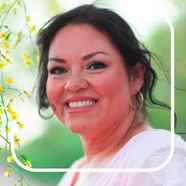
Professor of Practice and Tribal Liaison at the University of San Diego and Honouring Our Guardians Coordinator at Whose Knowledge?
Fieke Jansen
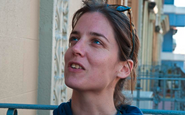
Postdoc researcher at the Data Justice Lab at Cardiff University and Coordinator of Digital Rights and Climate Justice Funder Collective
Green Web Fellows 2021-2022
Acknowledgement
Thank you to the Ford Foundation Tech & Society team and Internet Society Foundation for the core support to this program. Thanks as well to Mozilla Foundation for their support of the first cohort.
